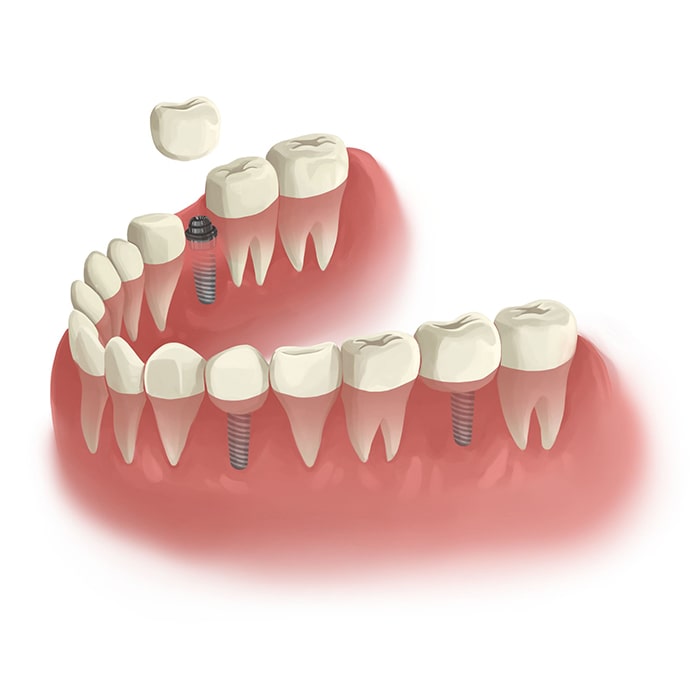Wisdom tooth extraction is a surgical procedure which removes the one or two permanent wisdom teeth. They are situated in the back of the mouth between the upper and lower. At certain points in your life you might need to undergo the wisdom tooth extracted. Wisdom teeth, commonly referred to as third molars, are last teeth to erupt and are often impacted or caught behind teeth. They could cause infections, pain or other issues. Wisdom tooth extractions are generally performed by a dentist, oral surgeons, and requires a small incision to the bone and gum. It can be performed under local or general anesthesia, depending on the specific case. Here are some information regarding wisdom tooth extraction.
Wisdom tooth extractions are usually carried out by a dentist an oral surgeon. Wisdom teeth are the third molars, and they’re often the last to erupt. Wisdom teeth extractions are generally advised when they’re imperforate, meaning that they grow in at an angle and press against the teeth. Wisdom tooth extractions are advised when Wisdom teeth aren’t coming in properly or when they crowd other teeth, leading to difficulties in chewing or speaking. The wisdom tooth can be extracted extractions using general anesthesia local anesthesia , or intravenous sedate. The kind of anesthesia used will depend on the specific patient as well as the length of the procedure. Wisdom tooth extractions take between 30 and one hour. Patients might experience swelling and discomfort following the procedure. Wisdom tooth extractions typically are completed in the span of a few days. Patients are able to resume their daily activities soon following the procedure.

The teeth typically require a small cut in the gum tissue and bone. Wisdom teeth are the last ones to emerge and usually happen in your teens or in your early twenties. For some people, wisdom teeth are present without any issues. For others wisdom teeth can cause the discomfort of crowding and swelling. Wisdom teeth might require extraction when the root is damaged or infected or decayed, or if it causes pain or crowding. Wisdom tooth extractions typically are performed by an oral surgeon. They generally require a small cut in the gum tissue or bone. The majority of patients recover within a few days following the removal of wisdom teeth. In some instances, Wisdom teeth extractions may be required as emergency procedures if the tooth is infected , or causes severe discomfort.
Wisdom tooth extractions can be common, however not all situations require them. Wisdom teeth may be kept in place and don’t cause any issues. There are situations when wisdom teeth must be extracted. Here are three indications that your wisdom teeth may need to be extracted.
1. Wisdom Teeth Impaction is a condition that occurs when wisdom teeth become trapped within the jawbone, gums, or the gums. They are not able to fully erupt. This can cause discomfort, inflammation, or injury to adjacent teeth. To prevent any further issues the dentist might recommend the extraction of wisdom teeth.
2. You’ve got Wisdom Teeth Cysts Wisdom teeth can also occasionally create cysts. They are sacs of fluid that may harm bone and tissues. To stop further damage from occurring your dentist may suggest the removal of the wisdom tooth cyst.
3. You have Wisdom Teeth Infection – If your wisdom teeth are infected it is important to seek treatment as soon as you can. Infections of the wisdom teeth can cause severe injuries to the jawbone, adjacent teeth, and can need an urgent extraction to avoid more problems.
If you’re suffering from any of these symptoms It’s imperative to consult an experienced dentist as soon as possible in order to determine whether you’re in need of Wisdom teeth extracted.
For more information, click dentist open sunday edmonton